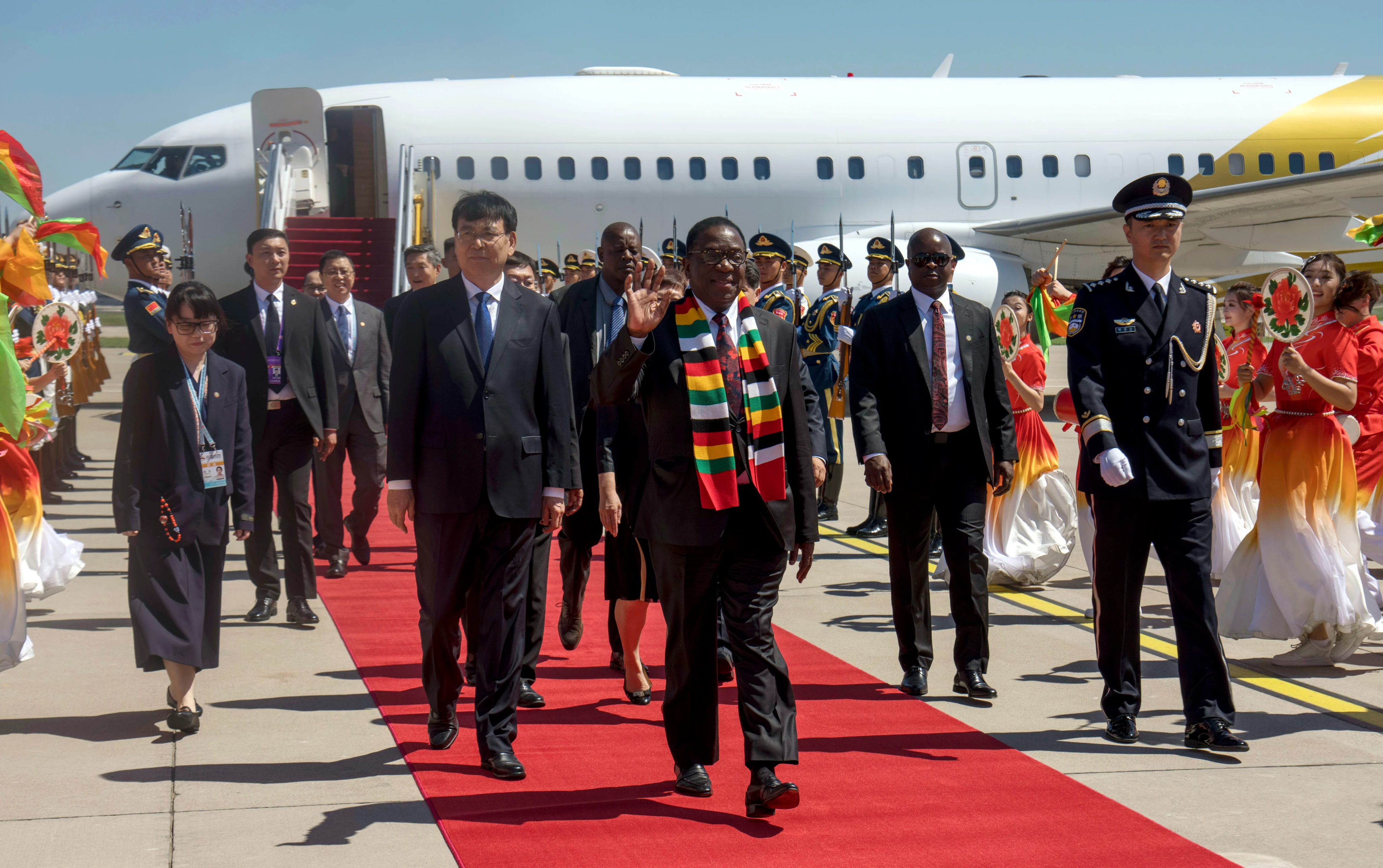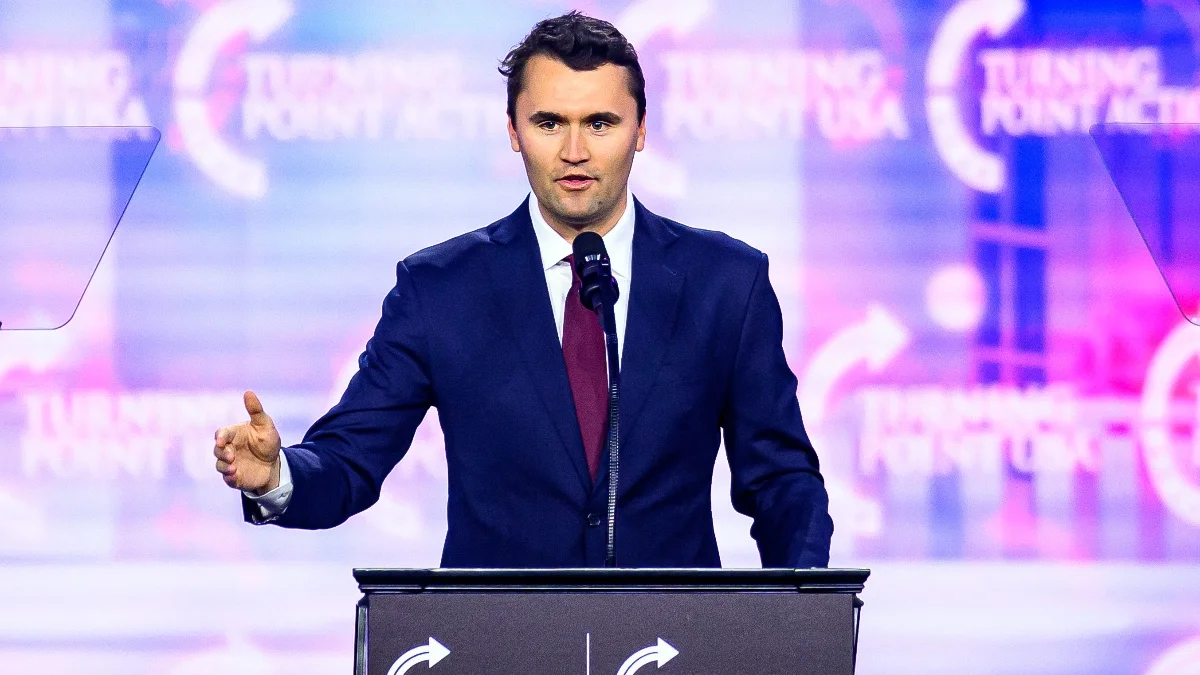By Jevans Nyabiage
Copyright scmp

Zimbabwean President Emmerson Mnangagwa’s attendance at this month’s military parade in Beijing highlighted long-standing ties with China, forged during the African nation’s liberation struggle.
More than two dozen world leaders joined the Victory Day event in Tiananmen Square on September 3, when China put its military might on display.
Mnangagwa was one of just two leaders from Africa to attend the parade, along with Congo-Brazzaville President Denis Sassou-Nguesso.
The following day, when Mnangagwa met Chinese leader Xi Jinping, the two nations elevated ties to an “all-weather community with a shared future”.
Xi described China’s “five-star ironclad” friendship with Zimbabwe as a model for the Global South. “China will continue to … oppose external interference and illegal sanctions,” he said.
The Chinese leader was referring to sanctions imposed on Zimbabwe by the United States and other Western nations in the early 2000s over alleged human rights abuses and the seizure of land from white farmers.
In the meeting, Mnangagwa praised China’s growing role in international affairs. “Zimbabwe stands ready to work with China to implement relevant initiatives and safeguard international fairness and justice,” he said.
China’s role as a key ally of Zimbabwe has grown significantly in the past 25 years. China is the top supplier of military hardware to Zimbabwe and it has also funded and built military infrastructure in the African nation, such as the National Defence University in Harare.
In addition, Beijing and Chinese companies have become the main financiers of Zimbabwe’s infrastructure and mining projects, investing billions of dollars in the country’s lithium mining and processing sector.
One of the latest projects is a proposed US$2.83 billion battery-metals park and new processing plants in Mapinga, with investors including Zhejiang Huayou Cobalt, Sinomine Resource Group, and Chengxin Lithium Group.
Liselotte Odgaard, a professor at the Norwegian Institute for Defence Studies in Oslo and a senior fellow at the Hudson Institute in Washington, said Zimbabwe had “provided a loyal strategic foothold for China in the south of Africa” since it assisted the armed struggle that brought down the white minority government in 1980, when Zimbabwe gained independence from Britain.
She said Western sanctions against Zimbabwe had limited its options for seeking support, leading it to acquire around 90 per cent of its weapons from China since 2000.
According to Odgaard, Chinese investments in lithium mines and infrastructure in Zimbabwe made it an “obvious country for China to invite to the military parade to emphasise their importance as a partner”.
“China wants to emphasise long-standing partnerships and how loyal it can be if countries choose to side with China,” she added.
Besides lithium, Chinese companies have vast interests in tobacco farming and processing. Chinese loans have also helped build major infrastructure projects, including the Hwange Power Station and the Robert Gabriel Mugabe International Airport.
According to Emmanuel Matambo, a research director at the Centre for Africa-China Studies at the University of Johannesburg, the relationship between the Chinese People’s Liberation Army and the Zimbabwean military can be traced back to 1963, when Mnangagwa underwent training in eastern China.
Mnangagwa – who came to power in a military coup that ousted long-time ruler Robert Mugabe in 2017 – trained in Nanjing with other military chiefs and was part of a core group involved in Zimbabwe’s liberation struggle.
Due to this history, Matambo said “it made sense for Mnangagwa to be invited to the military parade”.
Paul Nantulya, a China-Africa specialist at the US National Defence University’s Africa Centre for Strategic Studies, said Zimbabwe represented China’s enduring military-to-military ties with Africa’s liberation movements that are still in power today.
He noted that many of these movements were trained by the PLA from their inception.
“Many of Zimbabwe’s leaders, including the late Robert Mugabe, his predecessor Mnangagwa, and many others, such as Josiah Tongogara and some of the top commanders of the Zimbabwean War of Liberation, were trained in China, specifically in Nanjing at what is now the PLA’s Army Command College, as well as many other institutions,” Nantulya said.
He noted that militaries from other African countries had also undergone training in China since the 1960s, including Tanzania, which “built its army afresh” after a 1964 coup attempt.



